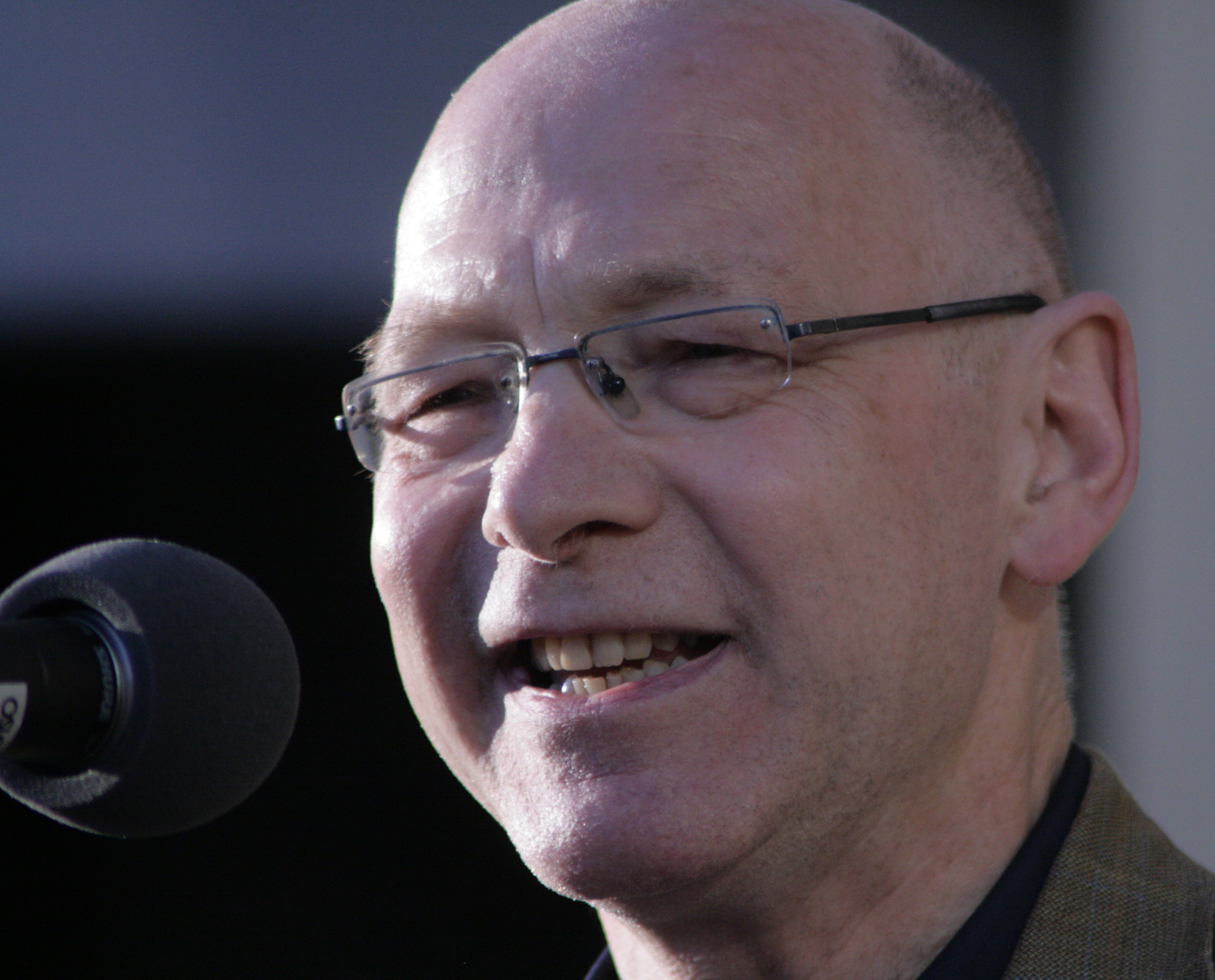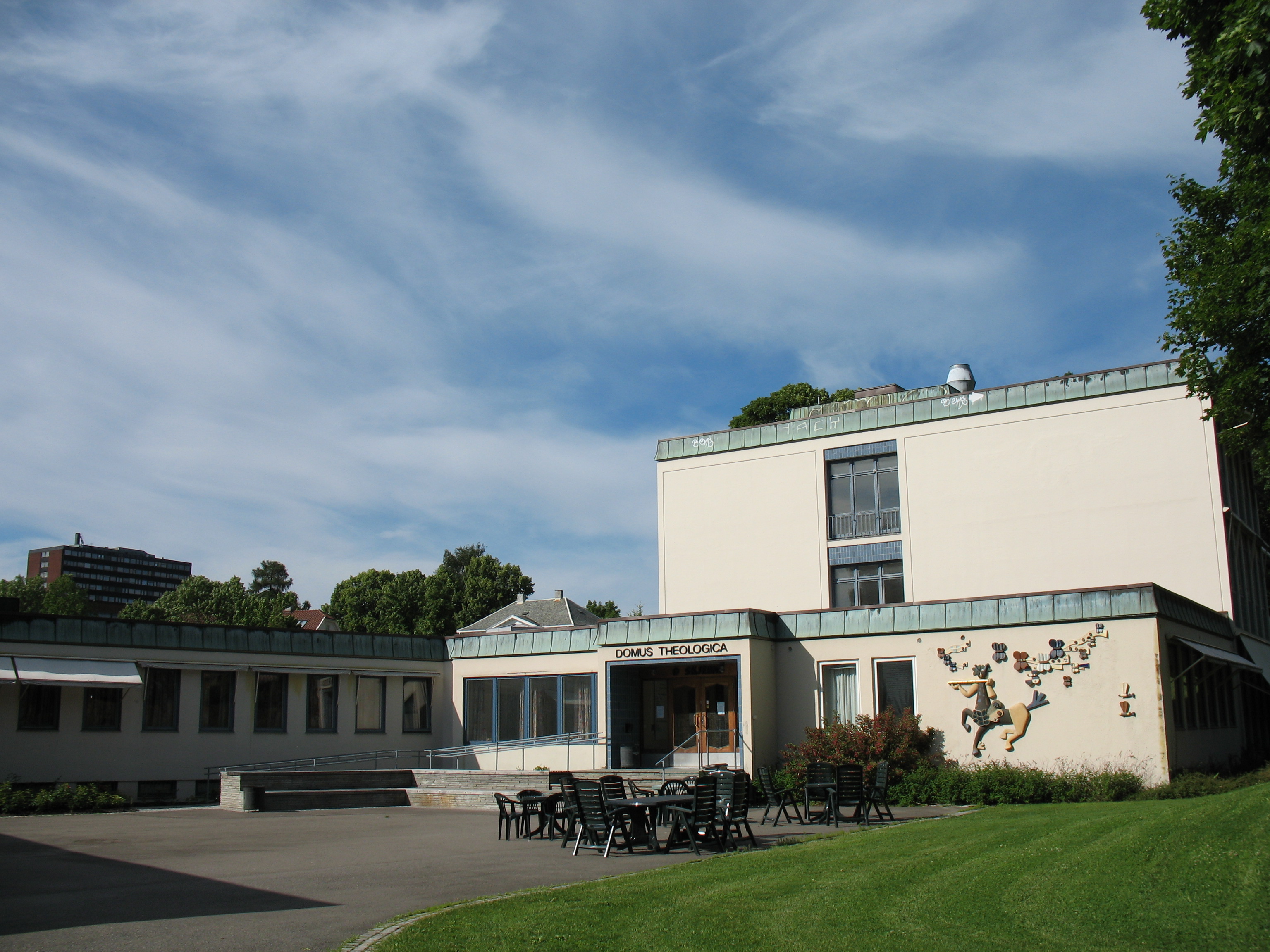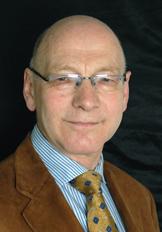Changing the discipline attracts women
New academic perspectives pave the way for a greater number of women to participate in the discipline, according to Professor of Theology Halvor Moxnes. He has worked hard for the inclusion of gender perspectives in theology, and believes that this is important for the recruitment of female researchers.

In 1990 a woman completed a doctoral degree in theology for the very first time in Norway. Today the majority of PhD candidates and students at the University of Oslo’s Faculty of Theology are women. Nevertheless the percentage of female professors amounts to only 8.3 per cent.
Professor Moxnes can point to a long list of achievements. He has acted as the head of PhD study programmes at the Faculty of Theology and he has led a number of research projects in addition to his work on internationalization at the faculty since the early 1990s. And not least he has been one of those who have strived to give women a more prominent position in the discipline both by recruiting more women to the field and making changes in the curriculum.
Feminism on the curriculum
“How does revising the curriculum correlate with work on gender equality?”
“It’s all about forming a platform for the increased recruitment of women in the coming years. We have to combine measures to achieve gender equality with academic development that opens up new perspectives,” says Moxnes.
“Many female students are interested in feminist perspectives. Their studies must allow them to pursue this, for example when writing term papers.
“Even though not all women are interested in feminist perspectives, this is of key importance for many female students in the field of theology,” explains Moxnes.
“You make use of your own experiences and your own questions when working on Christian texts, and a feminist perspective is important for the understanding and preaching of these texts today.”
Own experiences
Moxnes himself has been very interested in gender and sexuality studies, and has discovered that feminist theory can provide new insights into the texts. He has also taken the initiative to develop new courses, for example ‘Kjønn og seksualitet i tidlig kristendom’ (Gender and Sexuality in Early Christianity).
“In my own field – the New Testament and the study of Early Christianity – feminist studies have played an important role internationally. This has been the case both for the development of theories within the field and for broadening the thematic areas. Feminist theory has therefore played a key role in keeping abreast of the subject area.
Moxnes is of the opinion that these perspectives, which many women have focused on in their work, must be attributed academic relevance at the faculty. This means, for instance, that a feminist perspective must be a factor that is highlighted in job descriptions. Otherwise women who have had such a focus will not be given credit for their competence in this area.
“This is extremely relevant for us since we already have a professorship in feminist philosophy which was earmarked for the faculty when it was introduced, and was intended to promote a greater academic focus on this area. Feminist philosophy must also be reflected in other work and other positions at the faculty,” he maintains.
Networks
“You are also strongly committed to ensuring that women researchers have access to academic networks. What have you accomplished in relation to this?”
“I have put a lot of effort into making existing networks of interest to women. One example is the Nordic network for the study of early Christianity targeted at PhD candidates, which I have chaired. This is an inter-disciplinary network and is open to all PhD candidates with relevant research topics.
“In the network we have focused on inviting women as international speakers when we have held courses and seminars. They then function as role models, and they can also help students with contacts and networks. We have also encouraged female PhD candidates to present their own research at international conferences.
“The main thing is to use general measures to give women access to the same type of experience and network building as men,” Moxnes declares.

Targeted network-building
Professor Moxnes is himself presently involved in a new research project in conjunction with a female researcher.
“My last project would never have got off the ground if it hadn’t been for the fact that a researcher who had recently completed her PhD got in touch with me and suggested a joint project. We were granted funding at the very first attempt, and I believe this was because of the academic combination and her solid feminist project,” says Moxnes.
He relates that in this project, seminars have been arranged together with several international partners. Special emphasis has been placed on inviting younger researchers and others relevant to his colleague’s project so as to build new networks for the future and not merely rely on his contacts.
Diversity is important
“Why have you chosen to devote yourself to work for gender equality?”
“In my opinion exposure to a variety of experiences and perspectives provides a broader basis for research.”
According to Moxnes, gender equality means more than employing a greater number of women in key positions. It is also very relevant when it comes to ethnic, cultural and sexual minorities, for example.
“It’s a matter of acknowledging that people with different backgrounds are a resource for research and teaching. Greater diversity is important for research innovation”.
“What has been difficult? Have you encountered resistance?
“Not personally. But generally I believe that at our faculty, and indeed at many other institutions, there has been little awareness of the need for long-term initiatives to give women opportunities. For example, it means making more targeted efforts to recruit women when there are vacant positions.”
Moxnes adds that the faculty now has a pro-dean who is deeply involved in the work on gender equality.
“She has initiated a number of measures I have called for earlier, such as mentor schemes, efforts to create a better environment for female candidates and more awareness of gender equality when advertising positions. It shows how important it is for those in leadership positions to focus on these issues.”
A discipline-related issue
“What do you think you have had most success with?”
“I think rather than talking about success, it’s more accurate to say that I’ve been very lucky to have female colleagues – PhD candidates and students – who have not allowed me to forget that they are there and that they expect to be treated as equals. For me this has been an important source of inspiration academically while it has also posed many challenges.”
“Do you have any tips for others in your position who want to promote female participation in this discipline?”
“If you are a member of the leadership team at a faculty, you are responsible for taking strategic, long-term decisions to promote gender equality in relation to the faculty’s policies and appointments. I have mostly had responsibility for the academic side and for academic policies, so I’ve worked at a different level. My advice to others in the same position is to acknowledge that gender equality is also a discipline-related issue. Essentially it’s about recognizing the connection between development of the subject area, recruitment and project cooperation.
Translated by Jennifer Follestad.
In this series, we present some of the leaders from the university and university college sector in Norway who have been successful in changing the gender balance in their environments.
Halvor Moxnes is a professor in the Faculty of Theology at the University of Oslo.
Halvor’s tip: Consider gender equality also as a discipline-related issue. There’s a connection between development of the field and the recruitment of women.
In 1990 a woman completed a doctoral degree in theology for the very first time in Norway. In the period from 1990-2000 a total of seven women defended their dissertations for the doctoral degree in theology in Norway. Today the majority of candidates at the Faculty of Theology are women, but only two of the permanent academic staff are women (March 2009).
